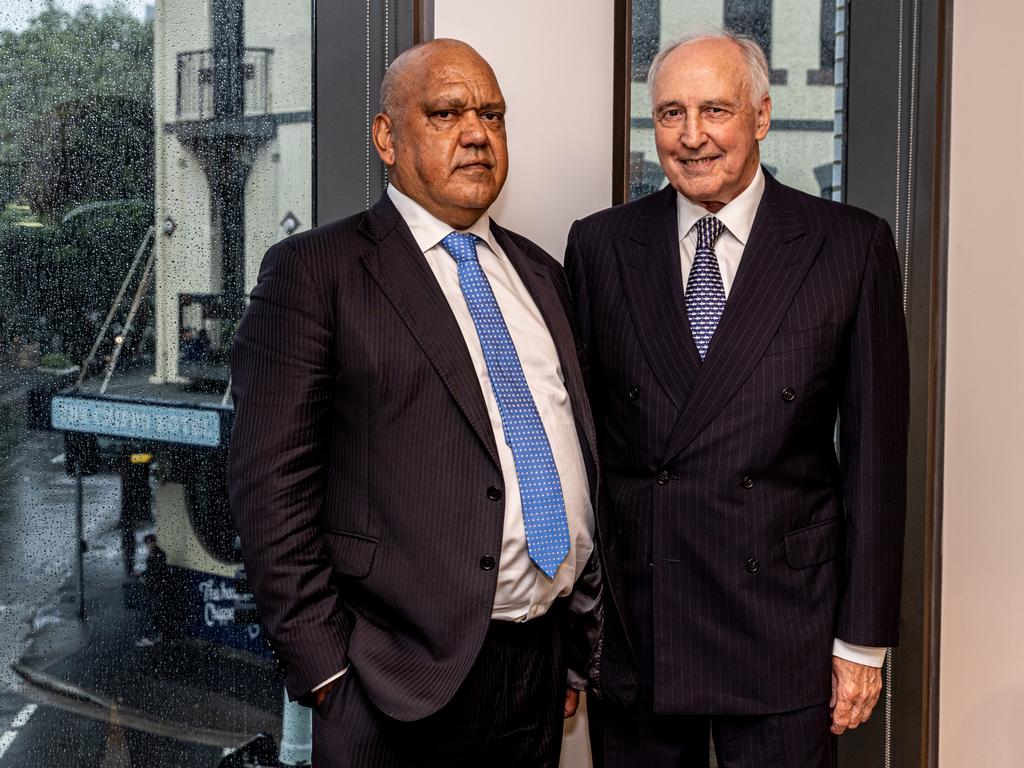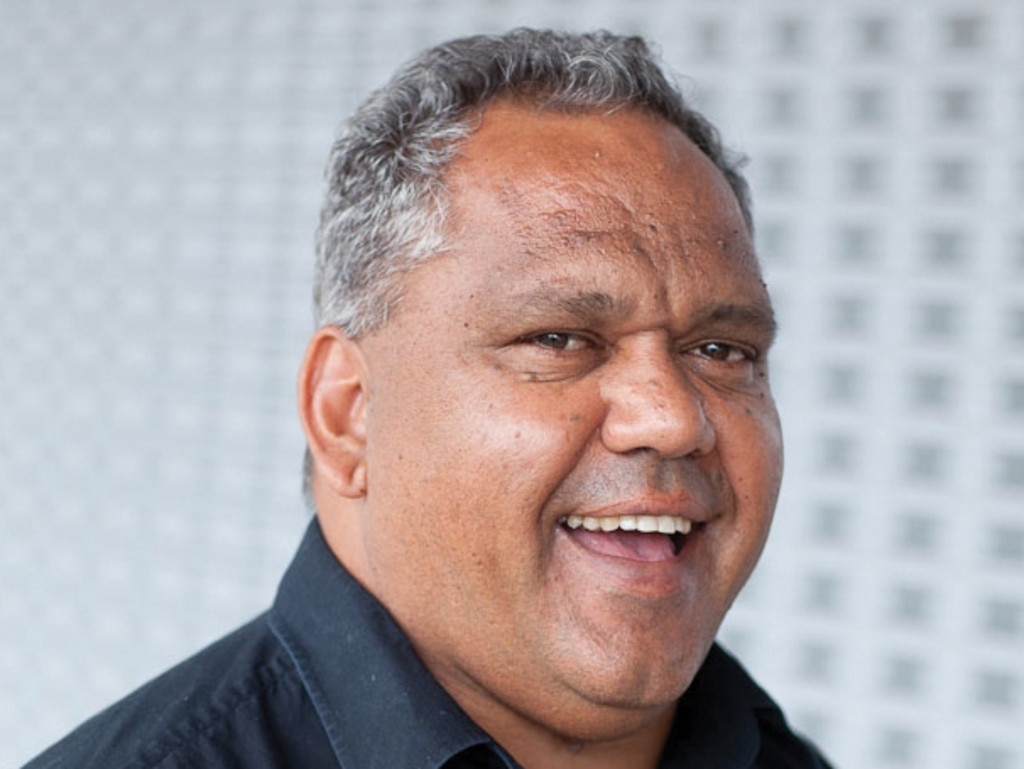
A hefty 600-page tome, Mission contains a lifetime’s worth of reflections from one of Australia’s most thoughtful public figures. The book is also a welcome paean to the radical centre when political tribalism seems increasingly hard to escape.
Pearson described his own political philosophy as being an amalgam of “conservatism, liberalism, and socialism”. A healthy, successful society, he argued, would contain all three approaches in varying degrees.
Keating echoed this sentiment by describing his own economic vision as being formed by an appreciation of both capital and labour, seeing how his own father – a boilermaker – created jobs through his investments.
Some associate centrism with fence-sitting or a wishy-washy acceptance of the status quo. It is not a revolutionary approach, nor does it come with snazzy-looking uniforms. It has no slogans or rallying cries, and there are no T-shirts that one can wear to signal one’s centrist bona fides.
But in a time of partisan hackery, commitment to centrism becomes a radical act.
Radical centrism is a fundamentally creative approach to politics in which insights from both sides of the political spectrum are synthesised into something new.
For Pearson, this manifests in his conception and advocacy for Indigenous Australians’ dignity. Pearson understands dignity in the modern era needs to be legally and constitutionally enshrined. At the same time, however, he is acutely aware that dignity is undermined by the bleeding-heart policies that entrench dependency and helplessness.
In Mission, Pearson grapples with the insights provided by thinkers across the political spectrum, not only within Australia but also the US, where issues of race, class and historical scar tissue loom large in political discourse.

In a chapter titled White Guilt, Victimhood and the Quest for a Radical Centre, he entreats non-Indigenous people to acknowledge rather than deny Australia’s racist history, but he also implores Indigenous Australians to reject the identity of victimhood.
He writes: “Yes, individuals and groups in our society are victimised in a variety of ways. But it is a terrible thing to encourage victims to adopt a mentality of victimhood, to see themselves as victims. To adopt this mentality is fatal, because it concedes defeat, and it can also literally kill. Victims do not take responsibility for what they eat and drink, for their health and mental wellbeing; their families become dysfunctional and children are damaged even before they are born.”
Pearson is not the only intellectual in recent years to have observed that identity politics has gone off the rails. While the original civil rights movement was inspired by the Enlightenment principle that all human beings were created equal and thus deserving of equal rights, today’s social justice activism often undermines this sentiment, devolving into what human rights advocate Nicolas Agostini calls “categories, sub-categories and sub-sub categories of people, each emphasising what differentiates them over what makes them members of the human family”.
Pearson’s advocacy does not succumb to any of these fashionable trends. You will not hear him using the trendy linguistic conventions of “lived experiences”, “cultural appropriation”, “white privilege” or “intersectionality”.
He focuses on the universal rather than particular, and understands that if we are to close the gap in outcomes for Indigenous kids, we have to close the gap for all disadvantaged kids – whether they are white, black or migrant children.
In his Dr Charles Perkins Memorial Oration in 2001, Pearson argued the main political parties in Australia were only “half right” in their policy prescriptions for Indigenous Australians. The ALP, he wrote, was “strong and correct” on “land rights and native title” but “weak and wrong” when it came to the “breakdown of personal responsibility in Aboriginal society”. The Coalition was “better” at understanding the importance of personal responsibility but “continued to fail on native title”.
Since that speech, many of the battles for native title have been won. But Pearson’s advocacy for legal and constitutional recognition continues in the form of the Uluru Statement of the Heart, which has called for the establishment of a First Nations voice enshrined in the Constitution, as well as a Makarrata commission to oversee a process of agreement-making between governments. (Makarrata is a Yolngu word for conflict resolution.)
Legal recognition of Indigenous history and sovereignty prior to European settlement of Australia is an essential part of Pearson’s conception of Indigenous dignity. This recognition is not pursued in an effort to create a separatist body for Indigenous governance, nor is it pursued to devalue the history of Australia post-1776. It is simply pursued to recognise once and for all the first chapter of Australia’s history in the most important legal document in the land – our Constitution.
“The constitutional recognition of a voice would not prevent the parliament from reshaping and redesigning the voice and amending its provisions. But it will always maintain an obligation on the part of the parliament to have a voice. And that’s why the voice is so important,” Pearson explained to Keating.
Pearson’s career shows us radical centrism is not easy. Far from being the safe option, it often requires going it alone and turning inward to reconcile seemingly incompatible principles. It can be a lonely journey with both sides rejecting ideas, propositions and solutions for their lack of political expediency.
In speaking openly with Keating, Pearson expressed regret and disappointment about decisions made and opportunities missed during the course of his life.
But Pearson’s contributions to the country are larger than he realises. In carving out an original path that others may look to and follow, his mission is already accomplished.







It was a rainy Wednesday morning in Sydney this week when Noel Pearson, sitting alongside former prime minister Paul Keating in an auditorium in inner-city Chippendale, launched his book Mission: Essays, Speeches & Ideas.